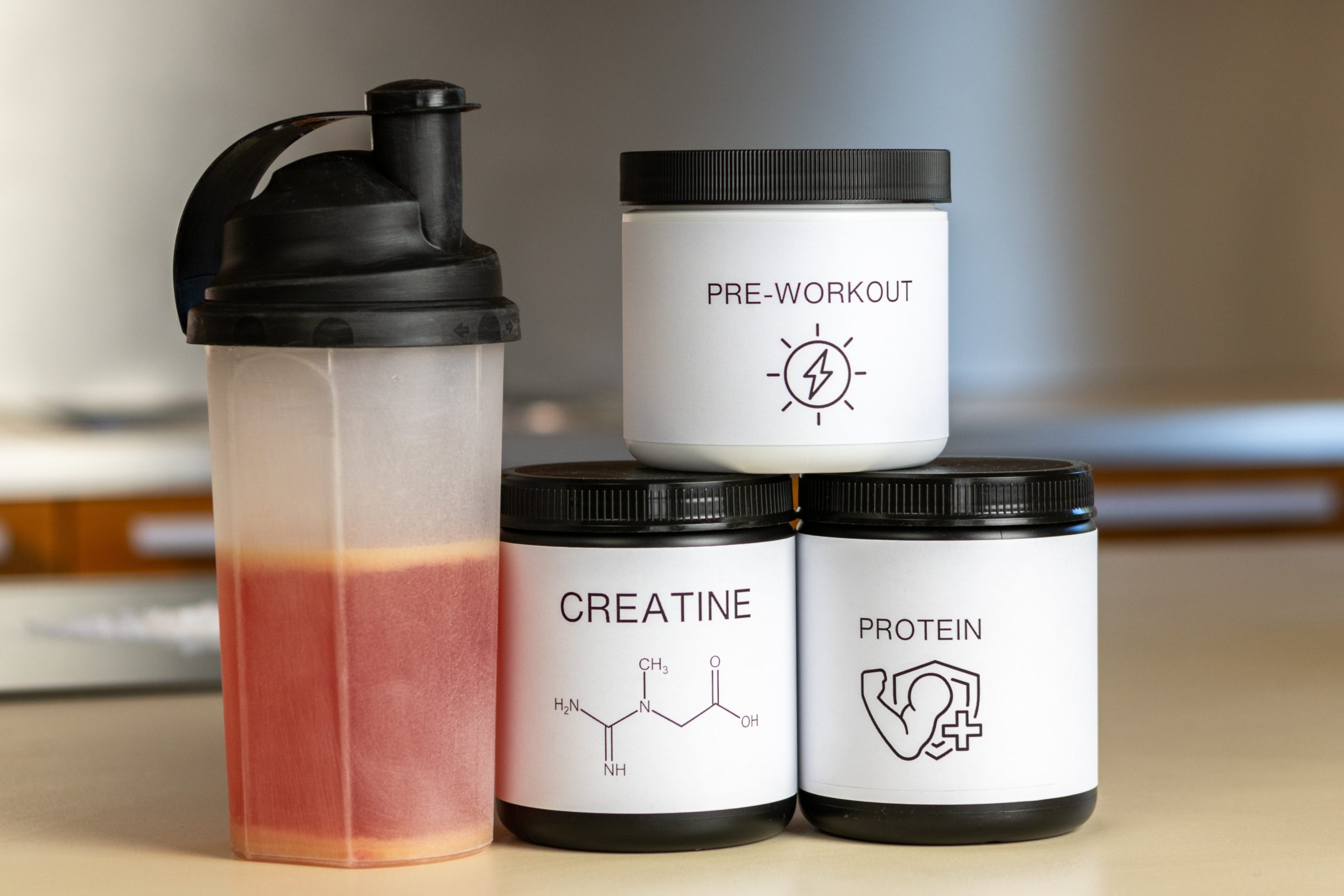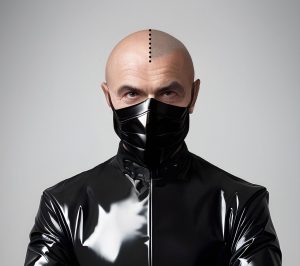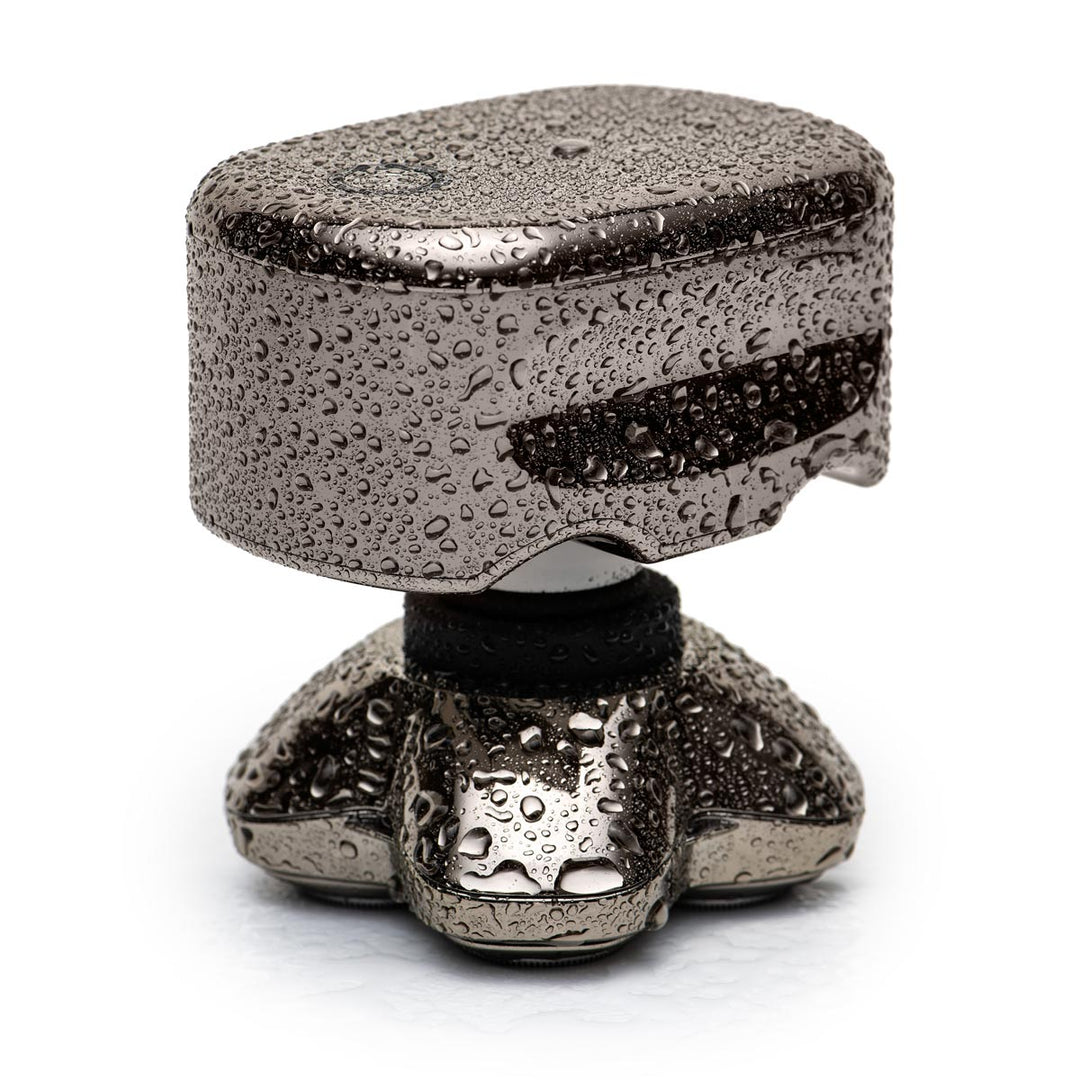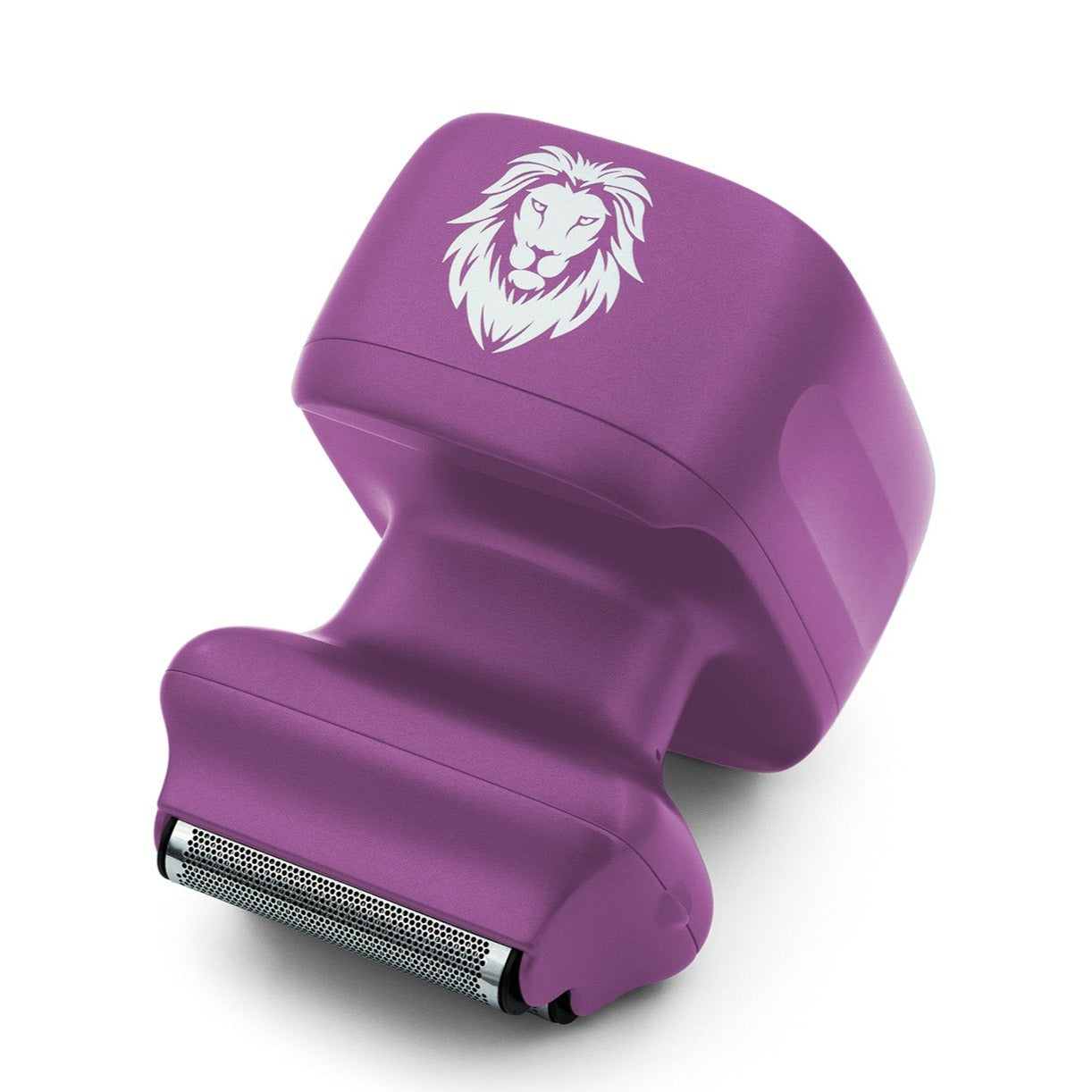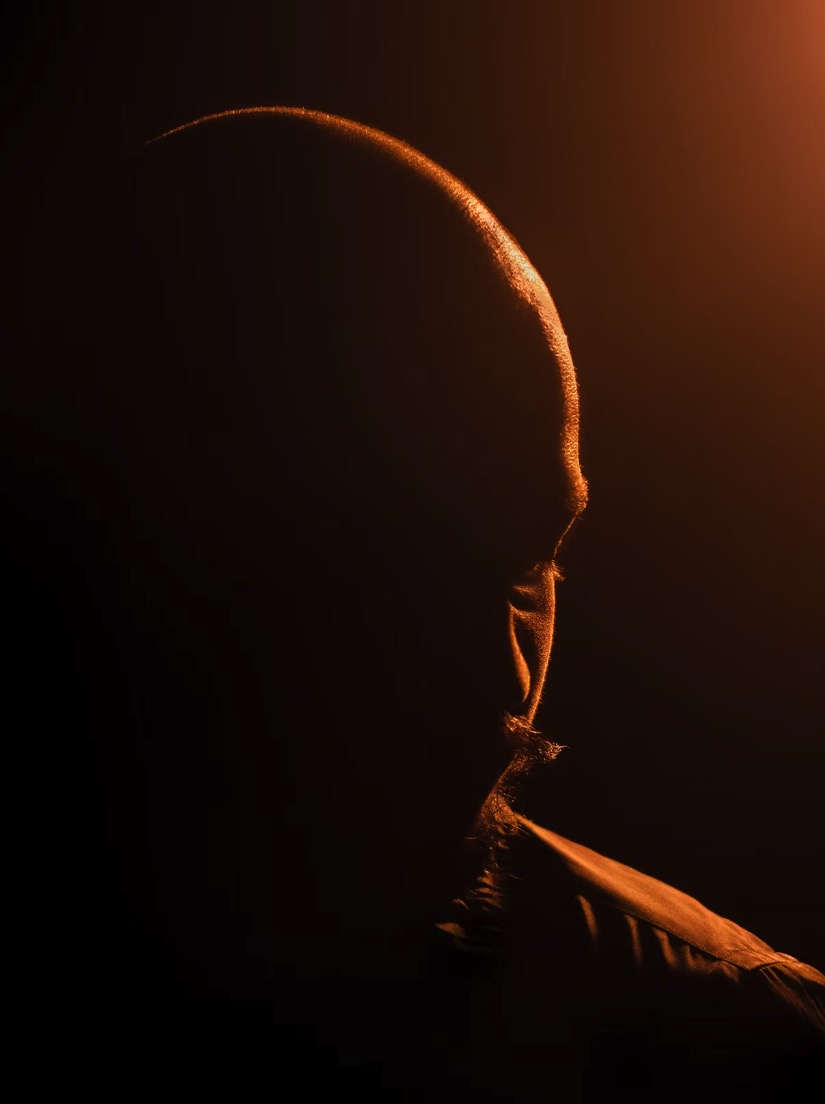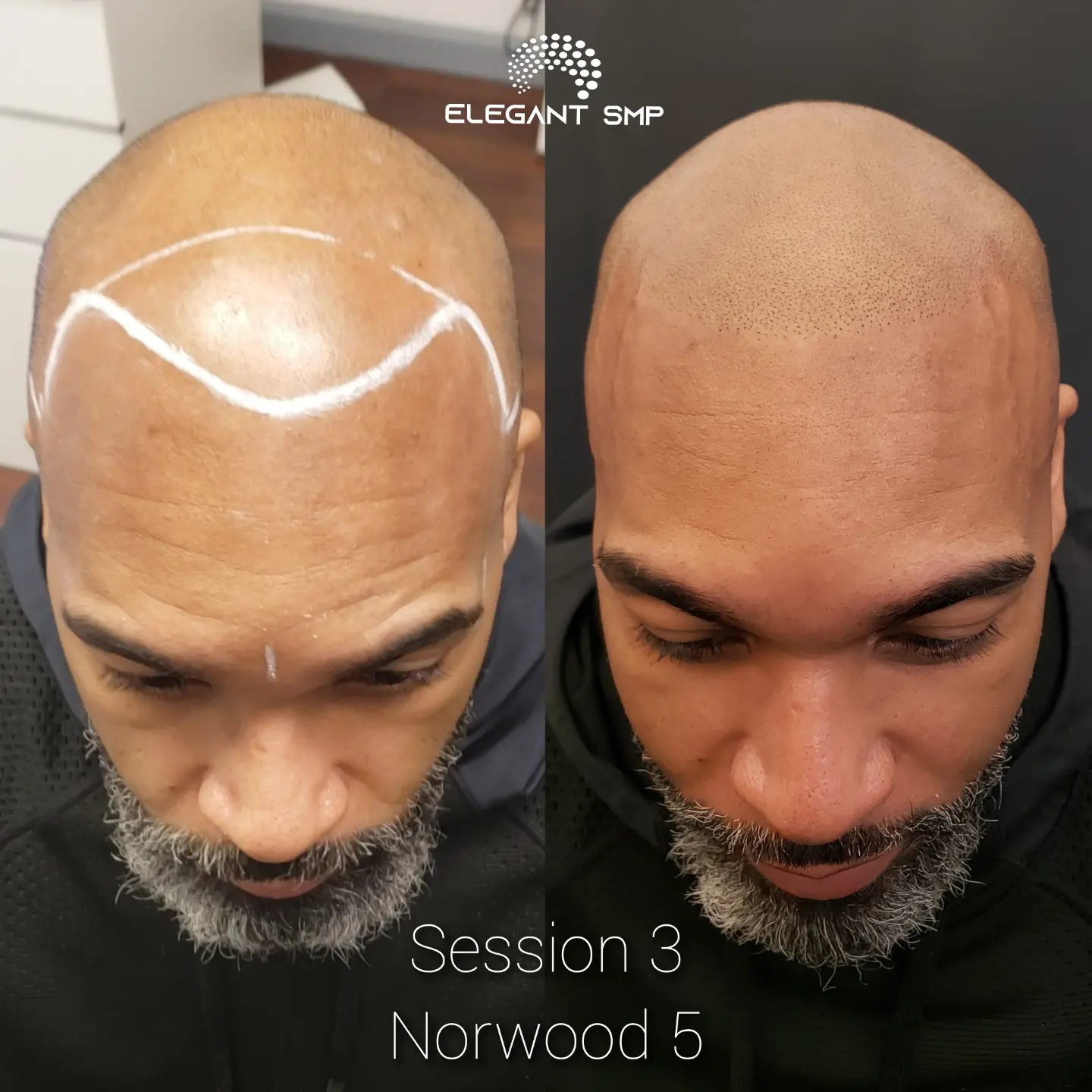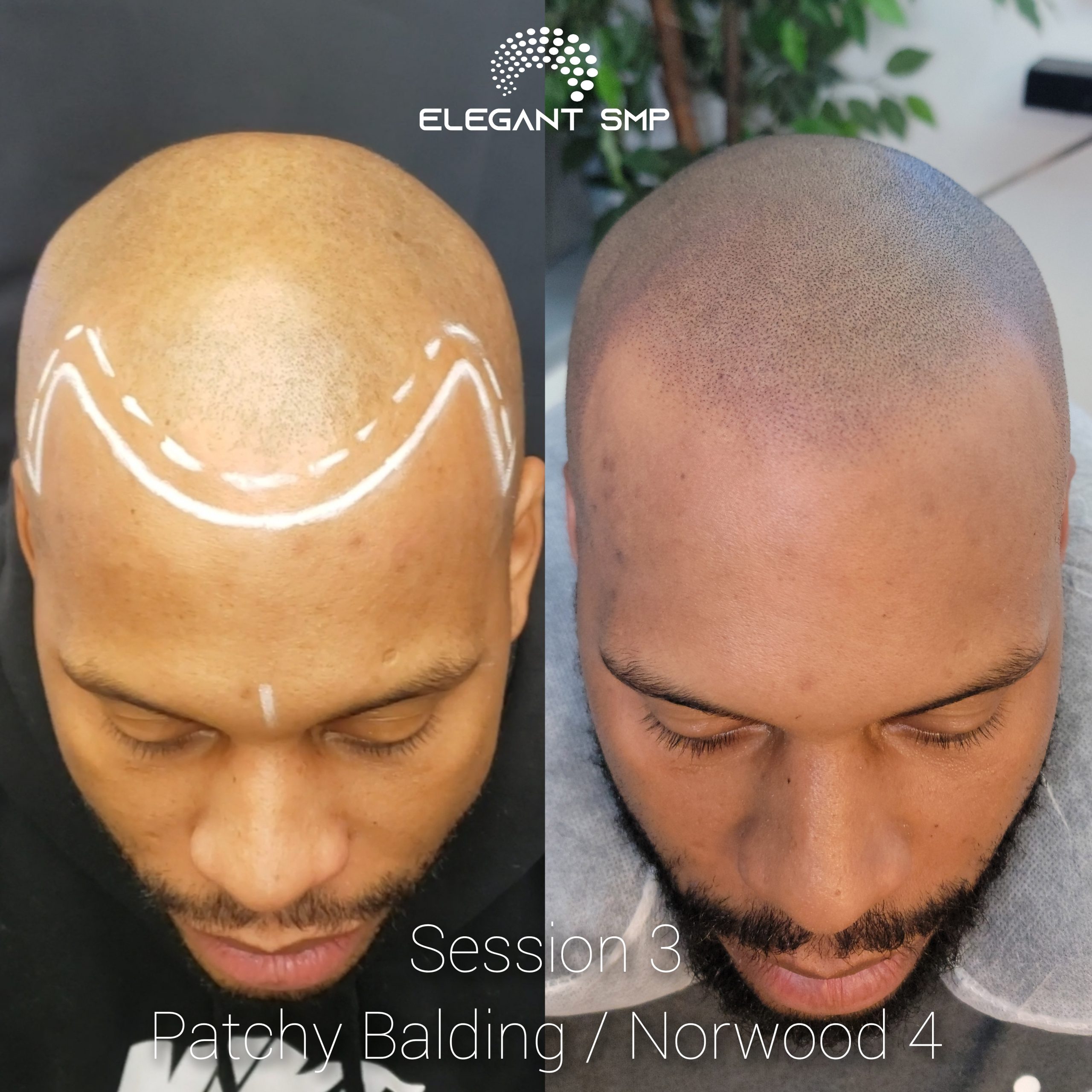In the world of fitness and athletic performance, creatine is a well-known and widely used supplement. It’s valued for its ability to boost energy levels, enhance muscle growth, and improve overall physical performance. However, there’s been a growing concern among individuals about the potential link between creatine consumption and hair loss. In this comprehensive article, we’ll explore the intricacies of creatine, its benefits, and its possible impact on hair health.
The information provided in this article is for educational purposes only and should not replace professional medical advice. Consult a healthcare professional for personalized guidance regarding your specific situation.
Table of Contents
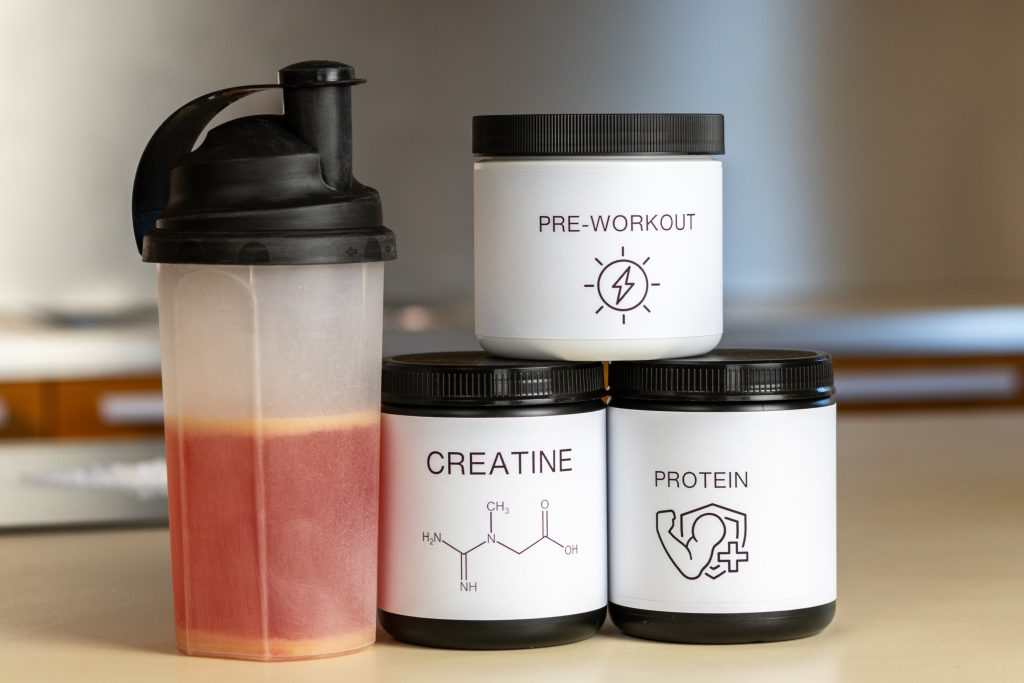
What Is Creatine?
Creatine is a naturally occurring organic compound that plays a crucial role in energy metabolism, primarily within the brain and muscles. At the cellular level, it aids in the recycling of Adenosine triphosphate (ATP), which serves as the cell's energy currency. This unique function has made creatine a popular and influential nutritional supplement, particularly among athletes seeking an extra performance boost.
The Benefits of Creatine
Before delving into the potential side effects, let’s first examine the numerous benefits associated with creatine use:
1. Enhanced Energy Levels in Muscle Cells
Creatine supplementation can significantly increase energy levels within muscle cells. Typically, during physical exertion, the body relies on the slow production of ATP from phosphocreatine stores. However, with creatine, this process is expedited, allowing for sustained energy production during prolonged physical activity.
2. Muscle Mass Growth
In addition to improving energy levels, creatine can stimulate muscle mass formation by increasing the rate of muscle protein synthesis. It also reduces the levels of myostatin, a hormone responsible for limiting muscle growth.
3. Improved Performance in High-Intensity Exercises
High-performance workouts demand strength, endurance, and rapid recovery. Creatine, by providing an immediate source of ATP, aids in these areas. Research even suggests that creatine supplementation can enhance strength, endurance, recovery, fatigue resistance, and cognitive function, leading to a performance improvement of up to 15%.
4. Potential Benefits for Neurological Disorders
While the conclusive evidence is still pending, some studies have indicated that creatine may have a positive impact on neurological disorders, particularly Parkinson’s disease. Initial tests on mice with Parkinson’s showed a significant increase in dopamine levels, though further research is needed to establish its efficacy.
5. Potential Diabetes Management
Research suggests that creatine may help regulate blood sugar levels and reduce their entry into muscle tissues. While this could have potential implications for diabetes prevention, more conclusive results are required.
6. Alleviation of Neurological Diseases
Studies have shown that low levels of phosphocreatine in the brain can contribute to neurological defects. Controlled experiments with mice indicate that creatine supplementation can increase phosphocreatine levels, potentially slowing the progression of conditions like Ischemic stroke and Alzheimer’s disease.
7. Enhanced Brain Function
Aside from its benefits for neurological disorders, creatine has been linked to improved cognitive function. Research has shown that an increased concentration of creatine leads to higher dopamine levels and enhanced mitochondrial activity, resulting in improved memory, intelligence, and overall brain health.
Possible Side Effects of Creatine
Despite its natural origins, creatine supplementation, especially in high doses or over extended periods, can lead to specific side effects. It’s essential to be aware of these potential drawbacks, which may include:
1. Water Retention
Excessive creatine intake can cause water retention, leading to bloating and discomfort.
2. Hair Loss
Perhaps the most significant concern for some individuals is the potential link between creatine and hair loss. Creatine has been shown to increase the levels of dihydrotestosterone (DHT), a hormone associated with male pattern baldness.
3. Muscle Cramping
Muscle cramps and discomfort can occur as a side effect of creatine supplementation.
4. Fatigue
Some users have reported increased fatigue when using creatine, especially in higher doses.
5. Other Possible Side Effects
Additional side effects can include fever, nausea, dizziness, weight gain, gastrointestinal pain, dehydration, and heat intolerance. The severity of these side effects may vary depending on individual factors and the duration and dosage of creatine use.
The Connection Between Creatine and DHT
The critical question many individuals have is how creatine is linked to hair loss. The connection lies in the impact of creatine on dihydrotestosterone (DHT), a hormone formed from testosterone, the primary sex hormone in the male reproductive system. While testosterone plays a crucial role in muscle mass and body hair development, DHT is a more potent hormone that facilitates these functions more effectively.
Creatine indirectly influences hair loss by increasing the conversion of testosterone to DHT within the body. Elevated levels of DHT can accelerate the hair growth cycle, leading to thinner and weaker hair strands and ultimately contributing to hair loss. However, it's essential to note that the relationship between creatine and hair loss is not yet conclusive, and further research is needed to establish a definitive link.
Managing Hair Loss
If you are concerned about hair loss and its potential connection to creatine use, there are various options available for effective hair loss management. One such option is scalp micropigmentation, a non-surgical procedure designed to assist individuals dealing with hair loss. This innovative process involves the application of natural pigments to the scalp's dermal layer, effectively concealing hair loss and creating the appearance of a natural shaved head.
At Elegant SMP, located in Buffalo, NY, we specialize in scalp micropigmentation and provide the most natural-looking and undetectable SMP treatment available. Our owner, Tommy T., has personally undergone scalp micropigmentation over four years ago and has dedicated himself to helping others who are silently suffering from hair loss or balding. With our advanced techniques and top-of-the-line equipment, we ensure that our clients leave satisfied and with a renewed sense of confidence.
Conclusion
While creatine offers numerous benefits for athletes and individuals seeking to enhance their physical performance, it’s essential to be aware of potential side effects, including hair loss. The connection between creatine and hair loss remains a subject of ongoing research, and individual experiences may vary. If you are considering creatine supplementation and have concerns about its impact on hair health, it’s advisable to consult with a healthcare professional to make informed decisions about your fitness and nutritional choices.
At Elegant SMP, we prioritize your well-being and are dedicated to providing information that empowers you to make informed decisions about your hair health and appearance. We understand that hair loss can be a significant concern, and we are here to support you with effective solutions and expert guidance.
If you’re bald and want to get your hairline back, contact Elegant SMP today for a consultation and take the first step towards regaining your confidence with our natural-looking and undetectable scalp micropigmentation treatment.

